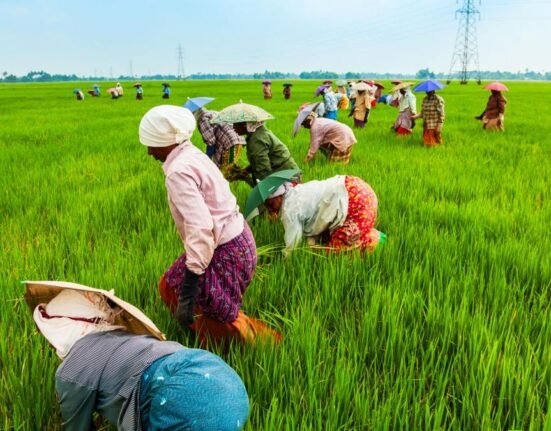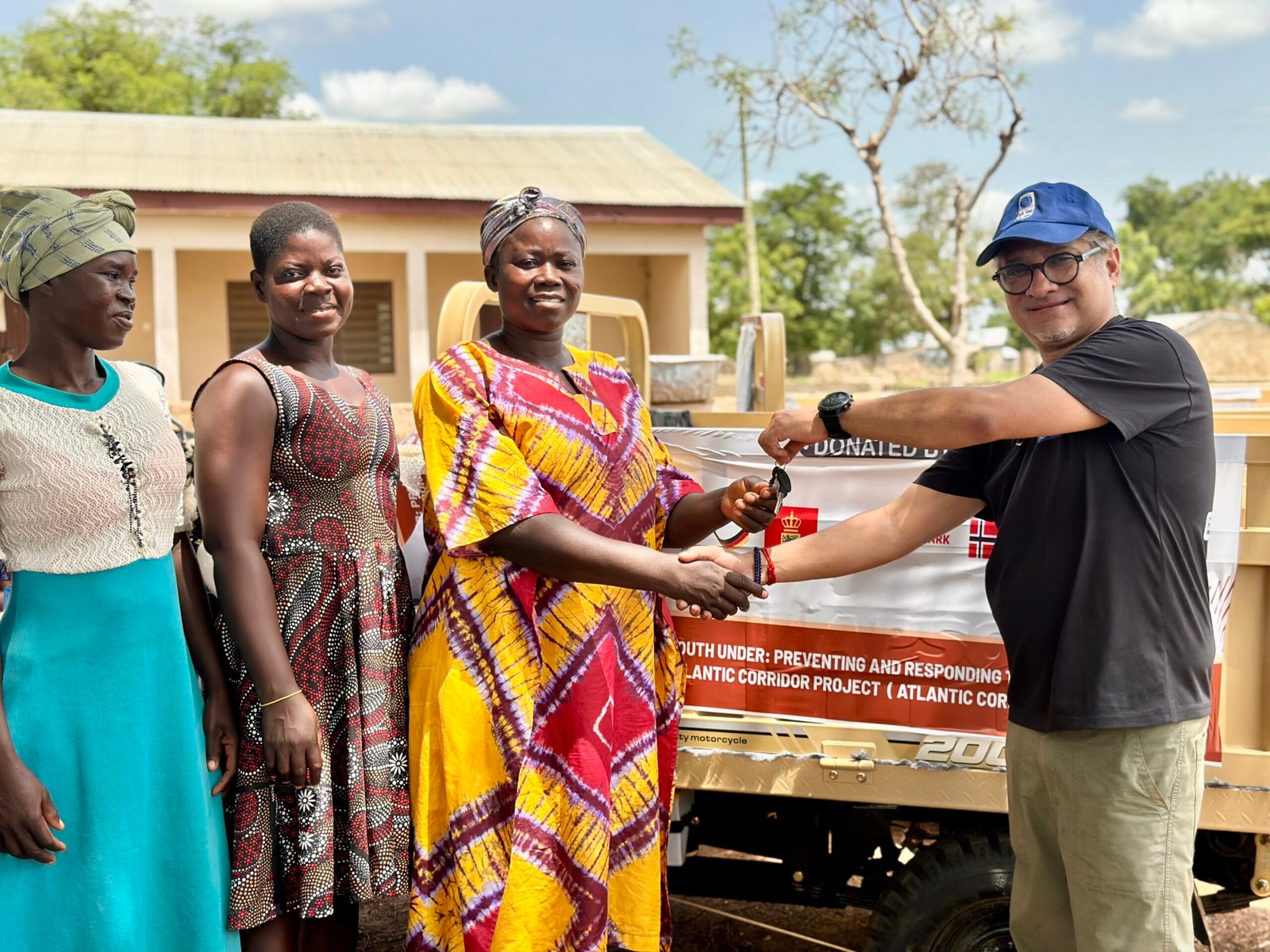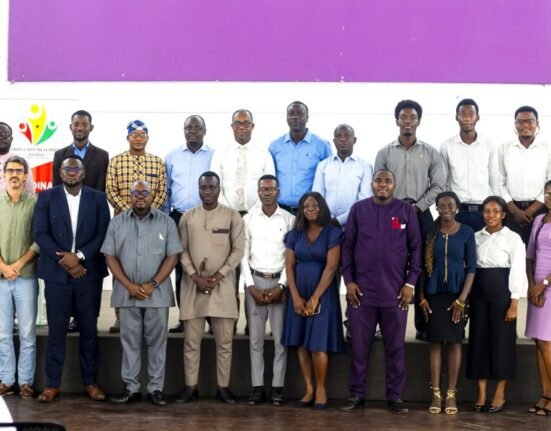In rural communities across Northern Ghana, access to transportation remains a critical barrier to economic participation especially for women and youth engaged in farming and trading. Long walking distances, poor road networks, and limited means of transporting goods often hinder productivity and market access.
To help address this challenge, the United Nations Development Programme (UNDP), together with MORE-Women and with funding from the Government of Denmark, handed over tricycles to women and youth in Manyoro and Doninga in the Upper East Region of Ghana. This initiative forms part of the Preventing and Responding to violent extremism in the Atlantic Corridor Project, which is aimed at strengthening community resilience, improving economic opportunities, and enhancing security in border communities.
“Mobility enables livelihoods, education, healthcare, and security,” said Niloy Banerjee, UNDP Representative in Ghana. “By supporting women and youth with necessary tools , we are investing in their ability to contribute more effectively to their households, communities, and local economies.”

During the handing over ceremony in Manyoro, Sub-Chief Dominic Yalwuliga expressed deep appreciation for the timely support.
“For years, our women and youth have struggled to transport their goods and move freely within the community. But now that we have received these tricycles, that burden will be eased. They will now be able to reach their farms and markets more easily, while also improving their safety.”

In Doninga, Chief McArios Akanbeanab Akanbong, emphasized the need for ownership and sustainability.
“My community members feel privileged to be part of this support. We will ensure the tricycles are well maintained and used for their intended purpose. It is our responsibility to sustain this intervention so that its benefits last and continue to impact lives.”

For the beneficiaries, the intervention is seen as a tool for financial independence, resilience, and improved quality of life.
“I used to carry heavy loads of vegetables on my head to reach the nearest market,” said Aba Atiah, a beneficiary farmer from Doninga. “Now, with the tricycle, I can transport more produce, save time, and earn more. This is a great change for me and my family.”

By improving access to farms, markets, and services, the tricycles will enhance productivity and reduce the physical burden often borne by women and youth. The intervention is also expected to promote community safety by making movement more secure and reliable especially in remote areas.
The support provided s part of ongoing efforts under the Atlantic Corridor Project to promote peace, social cohesion, and inclusive development in Ghana’s northern border regions. By targeting underserved groups and strengthening local systems, the initiative aligns with broader national goals to improve livelihoods and reduce vulnerabilities.












Leave feedback about this